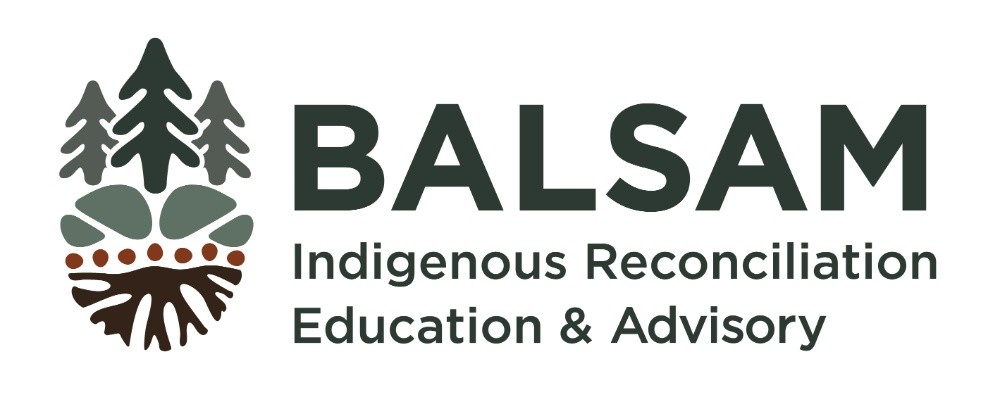12.2: Implementing Truth and Reconciliation in the Workplace
Read time:
3 min
The Truth and Reconciliation Commission (TRC) developed 94 Calls to Action urging Canadians to begin their Reconciliation journey with Indigenous peoples. To foster a diverse workplace, it is imperative that organizations understand and integrate the principles of Truth and Reconciliation into their workplace practices (e.g. Call to Action #92 discusses Reconciliation in business). This tool aims to help organizations adhere to Call to Action #92 by cultivating a more inclusive environment that acknowledges and respects the rights and histories of Indigenous peoples. By addressing these key areas, this tool aims to foster a deeper commitment to Reconciliation, thereby enhancing cultural sensitivity and respect throughout the organization.
Cultural EventsTo uphold Call to Action #92, organizations are encouraged to host events that celebrate and highlight Indigenous cultures while providing valuable learning opportunities for all employees. These may include talks by Indigenous leaders, scholars and community members who share their experiences and insights and emphasize the importance of Reconciliation. Additionally, organizations can organize cultural performances by Indigenous artists, including traditional dances, music and other forms of artistic expression that convey the richness of Indigenous cultures.
Storytelling sessions can also be facilitated in which Indigenous Knowledge Keepers share insights into the cultural heritage and values of their communities.
 Organizing cultural events in the workplace not only creates a safe space for Indigenous employees to feel appreciated and celebrated but also provides an opportunity for non-Indigenous employees to learn about and experience different cultures.
Organizing cultural events in the workplace not only creates a safe space for Indigenous employees to feel appreciated and celebrated but also provides an opportunity for non-Indigenous employees to learn about and experience different cultures.Land AcknowledgementsIncluding formal Land Acknowledgements in significant company events and in official communications is another critical step.
This involves recognizing the traditional stewards of the land on which organizations operate while acknowledging the Treaties that exist on the land and stating whether the land is unceded or un-surrendered.

Guidelines for implementing land acknowledgements should include educating all employees on the significance of land acknowledgements and the history of the lands being acknowledged, as well as engaging with local Indigenous communities to develop respectful and accurate land acknowledgements and applying these acknowledgements consistently across all relevant organizational communications and events. This will reinforce each organization’s commitment to recognition and respect.
Reconciliation Action PlansReconciliation action plans (RAPs) serve as strategic frameworks that guide organizations in their commitment to Reconciliation with Indigenous peoples. RAPs seek to help organizations uphold the Truth and Reconciliation Commission’s Calls to Action while providing a structured approach for workplaces to foster an environment of respect, learning and partnership. RAPs facilitate inclusive environments by outlining actionable steps that organizations can take to contribute to Reconciliation.
This may include promoting Indigenous employment, supporting Indigenous businesses, offering cultural training and engaging with local Indigenous communities in respectful ways.
By implementing an RAP, organizations can respond to the TRC's Calls to Action but also benefit from a more inclusive and diverse workplace culture. By committing to these plans, organizations can also demonstrate their dedication to a just and equitable future, thus contributing to broader national efforts towards Reconciliation.
Policy and Practice ReviewReviewing and revising organizational policies and practices to ensure they align with the principles of Truth and Reconciliation is essential.
This may involve conducting audits of existing policies to identify conflicts with the goals of Reconciliation.
New policies that actively promote inclusion and equity for Indigenous employees and partners should be developed; Indigenous advisory groups should be engaged to guide and inform the policy development process.
By implementing these strategies, organizations not only demonstrate their commitment to the essential process of Reconciliation, they also contribute to a more informed, respectful and inclusive society. This toolkit encourages ongoing dialogue, learning and adjustment of practices to ensure that workplaces continuously evolve to become more inclusive and supportive of Indigenous rights and histories.
Disclaimer:
Hire for Talent has made every effort to use the most respectful words possible while writing these materials. We realize, however, that the most appropriate terminology may change over time. We developed these materials with the intent to respect the dignity and inherent rights of all individual.
Hire for Talent has made every effort to use the most respectful words possible while writing these materials. We realize, however, that the most appropriate terminology may change over time. We developed these materials with the intent to respect the dignity and inherent rights of all individual.
This tool was developed in collaboration with




